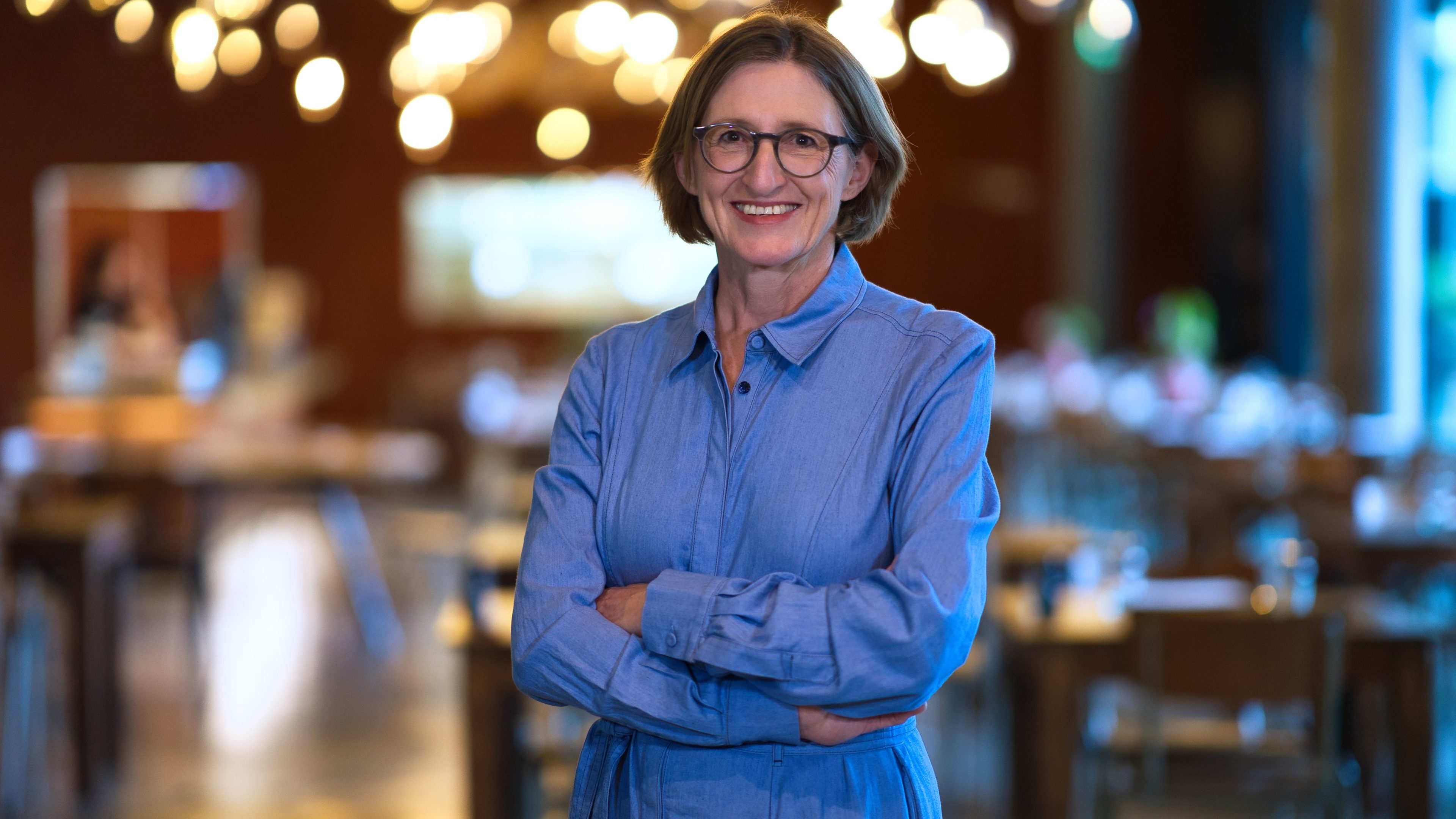Monika Bütler is considered one of the most influential economists in Switzerland. A member of the Swiss Life Board of Directors, she explains why probability calculations form the basis for many decisions, how rules of thumb make life easier for us and what her best financial decision so far was.
Ms Bütler, your research includes the system of economic incentives, so-called “nudging”. Are humans manipulable?
For me, nudging is not the same as incentives. Incentives are everywhere, but many of them do not involve a specific intention. For example, if I work more, I have to pay more of the extra income as tax – but nobody wanted to create such an incentive with the tax system. Nudging means intentionally guiding people to the “right” decision when choosing between different alternatives. There is something manipulative about this, but not necessarily in a negative sense.
Can you give an example?
Yes, a typical example is the reform of organ donation: if consent for organ donation is assumed as the default and an explicit objection is required instead of explicit consent, the number of organ donors immediately increases from about 10% to about 90% – although it is fundamentally still the same decision.
When does nudging go too far?
Nudging has one major drawback: if you get nudged too often, you stop thinking. People then have little incentive to think about their decisions, because they are pushed in a certain direction at every opportunity. I think that’s a bit tricky.
That’s why transparency is important. People should always be aware that nudging is intended to guide them in a certain direction – because it’s nothing negative. Saving for old age, for example, benefits us all.

To what extent are we nudged when saving for old age?
A good example of this is the setting of defaults, i.e. standard options, in occupational provisions. When a person retires, they have to choose between a lump sum payment and a pension. For most pension funds, a pension is the default option. So if you do not consciously decide otherwise, you will receive a lifelong pension. Our studies show that the proportion of those who opt for a lump sum payment increases the clearer and more direct the information about the different options is, and the more people have to make active choices.
Are there other ways to make good decisions easier for people?
Defaults help us make better decisions without needing a lot of information. Rules of thumb can achieve the same goal. Harry Markowitz, an American Nobel laureate in economics and a pioneer of modern portfolio theory, once explained this beautifully. He said about his own portfolio that while he could calculate the optimum risk-return ratio with great precision, he would still choose a 50:50 split between equities and bonds. If the optimum ratio were 45:55, you wouldn’t make a big mistake with 50:50. It is much more important to diversify risk by spreading investments across different assets.
Are people too lazy to make self-determined decisions?
Gathering information takes time and money. To a certain extent, it’s a simple cost-benefit calculation: if additional information improves my decision only marginally, then I won’t bother. And we humans probably have a certain inertia within us.

Let’s stick to the topic of money. How important is money to you?
I wanted to be financially self-determined and earn my own money even back in secondary school. It was always important to me not to be dependent on anyone. I’m almost a little obsessed with it – or as my husband sometimes says: “You’re crazy” (laughs). But I don’t want to be dependent on the state or my parents, my husband or later on, my children.
For a long time, I managed with little money. At the age of 30, I went to university again, and when I finally got my first full professorship, my salary went straight into childcare. It’s only been about ten years since I’ve had enough money that I don’t have to think twice about buying a really good ticket for a classical concert at the Tonhalle (concert hall in Zurich).
What was your best financial decision so far?
Buying a terraced house in Zurich. My husband and I reached our financial limits at the time, we had two relatively small children of primary school age. But now it’s great to have a house in a central yet quiet location in Zurich.
You have been calling for more financial education in schools for a long time. What fundamentals do we all need to know about finance?
It’s important to be aware that financial decisions can have long-term consequences. Everyone should understand the effects of interest and compound interest, as well as the impact of inflation on real returns. And it’s crucial to comprehend why risk diversification is essential. Actually, it doesn’t take that much.
Unfortunately, in Switzerland, none of this is part of the curriculum. Schools barely provide economic knowledge, and what frightens me even more, practically nothing is taught about the simplest statistical relationships. When my younger son was ten years old, I spent three months with him in New Zealand. He attended the fourth grade, where they were already teaching basic probability calculations. For example, the children have learnt that it is better to bet on several options because it is less likely that two things will go wrong at the same time. This is an important basis for making decisions, not only in financial matters.
Do you primarily see schools as being responsible for promoting financial literacy, then?
Absolutely. In school, the foundation can be laid early enough. Financial knowledge is a meritorious asset and benefits everyone. The sooner you start, the better you also include women or girls.

Monika Bütler
Monika Bütler (b. 1961) lives in Zurich and describes her family model as “standard”; she is married and mother of two sons. There is some disagreement within the family regarding her work hours: “My husband would say I still work 100%, my sons would say I no longer work 120%. I say about 80%”. Prof. Monika Bütler first studied mathematics before completing a second degree in economics. She is an honorary professor at the University of St. Gallen, where she served as a full professor of economics and economic policy and as the director of the Swiss Institute for Empirical Economic Research (SEW), which she co-founded, until 2021. Monika Bütler has been a member of the Board of Directors of the Swiss Life Group since 2022. Recently, she was awarded the Bonny Freedom Prize for her research and its communication.
Nudging
The term nudging originates from behavioural economics and describes a strategy for targeted behavioural change. The aim is to encourage people to choose a desired behaviour without resorting to pressure or coercion.



